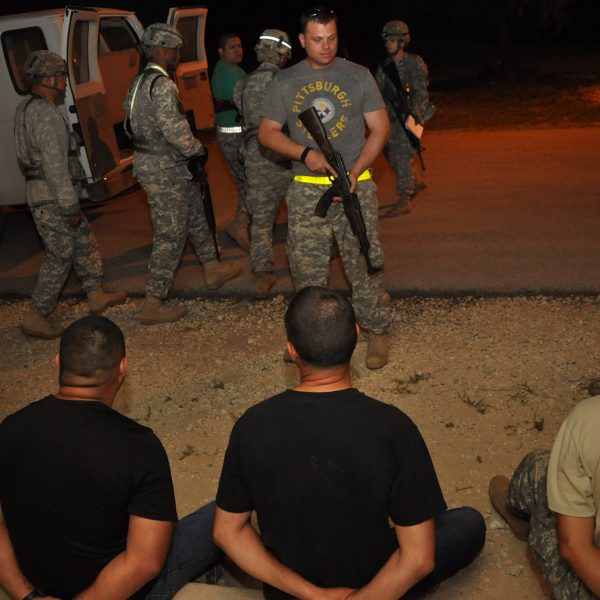
The social construction of the criminal other has long served as a justification for subjugation. Pope Francis has stated that the people of God can smell holiness, and perhaps there is also a greater need for the olfactory discernment of evil in our midst. Despite the risk of too literal an interpretation of this metaphor, deeper reflection is warranted of the ways in which evil must be resisted.

The Mentoring Initiative aims to bring together students and scholars engaged in different research methods but who are addressing a shared set of questions. Our hope is that the Political Theology Network Mentoring Initiative might even create a space where new research questions and methods will emerge.

Political theology’s prospects for contributing helpfully to movements of resistance to sexual violence depends on the willingness and ability those who contribute to political theology as a discourse to discern and prioritize the kinds of questions that are deemed most urgent by sexual violence survivors themselves and those who have devoted their work to ethically addressing this harm.

Like Simon and Veronica, those in the pews and those in the academy are called to accompany those who are abused by sharing in their pain so that survivors no longer bear this cross alone.

Political theology, insofar as it can articulate an analysis of and resistance to rape culture, offers many resources for confronting sexual violence.






